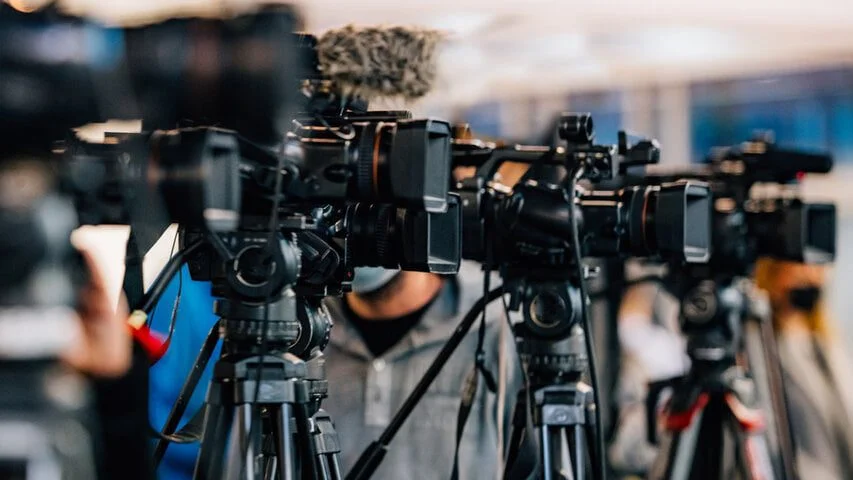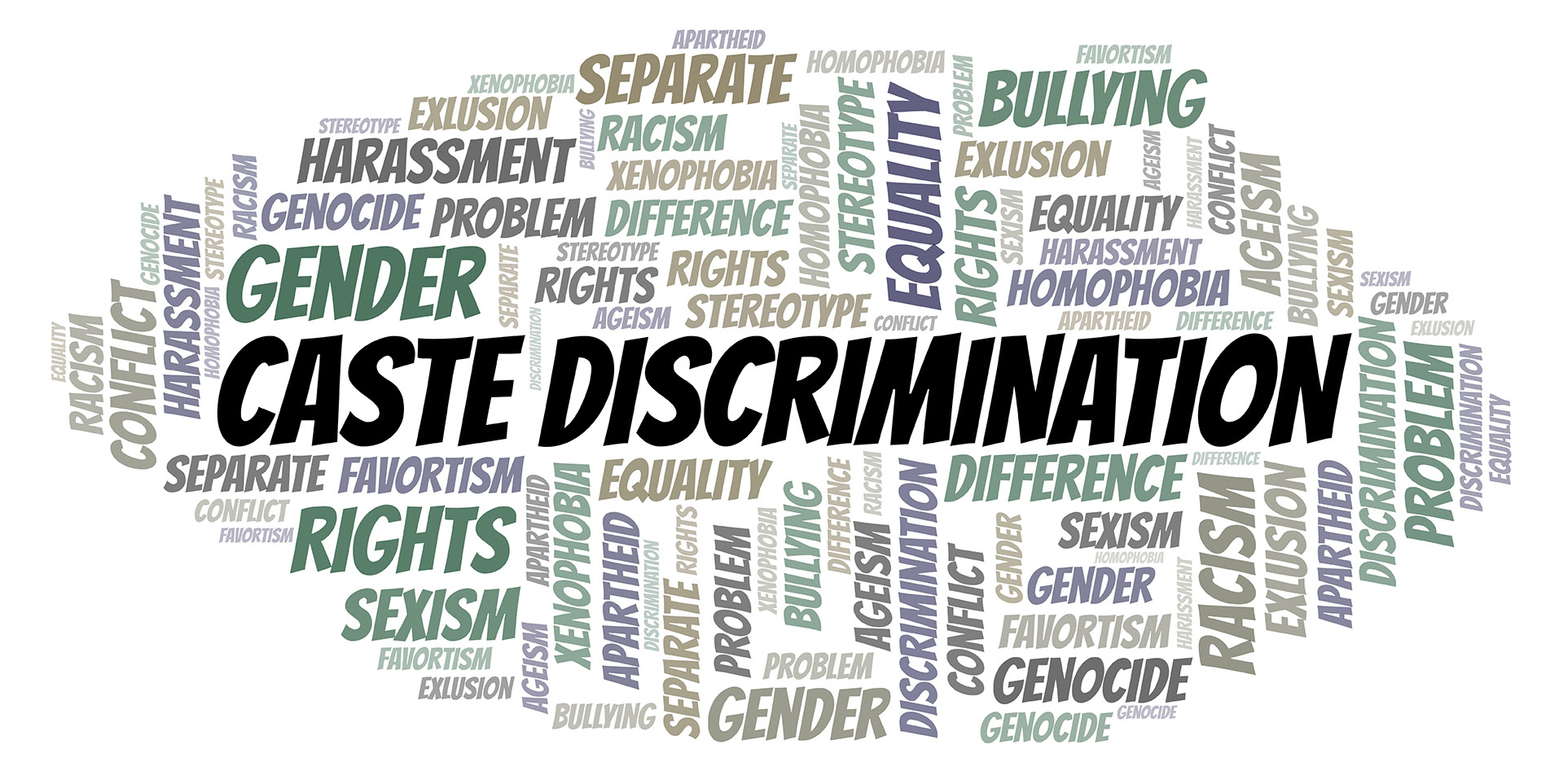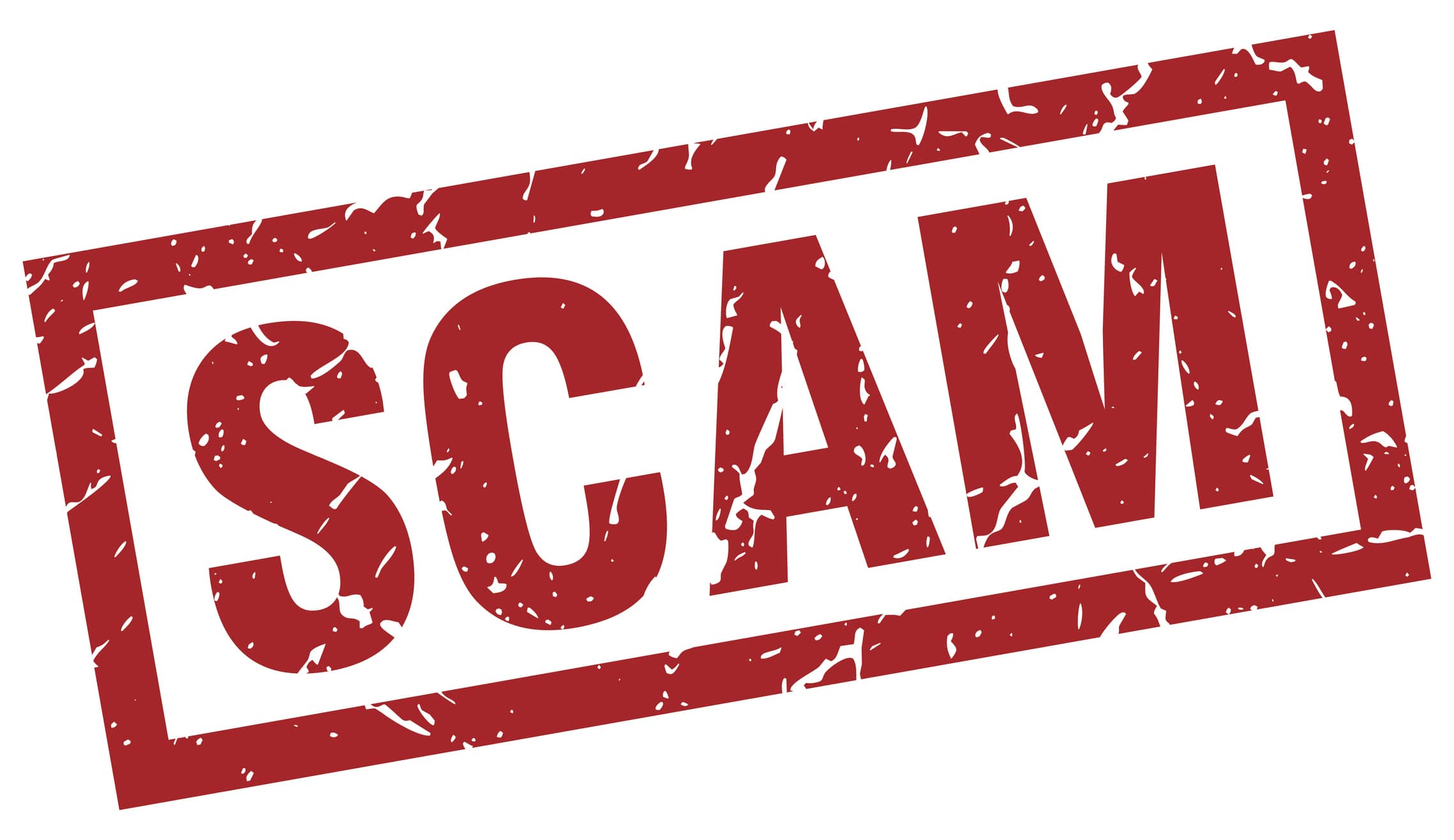Most people think selling is about talking.
Pitch harder. Speak faster. Be more persuasive.
Get your point across. Close the deal.
But after years of running a business, here’s what I’ve learned:
The best salespeople don’t talk more. They listen better.
And once I started listening—not just hearing, but really listening—everything changed:
My conversions improved
My clients trusted me more
My relationships deepened
I sold more without ever feeling “salesy”
Let me break down how listening became my secret sales weapon—and how you can use it too.
🤔 The Problem: Most Sales Conversations Are One-Sided
If you’ve ever been on the receiving end of a hard pitch, you know how it feels:
Like you’re being talked at, not to
Like the other person is following a script
Like, they care more about closing than understanding
Now flip that.
What if instead of pushing, you started by asking?
What if instead of assuming, you got curious?
What if instead of selling, you started by listening?
That’s where the real magic happens.
💡 My Turning Point: One Sales Call That Changed Everything
A few years ago, I hopped on a discovery call with a potential client.
I had my pitch ready. My talking points were solid. I was eager to close.
But something felt off. She seemed distracted—guarded.
So I paused and said:
“Before we talk about what I offer, I’d love to hear what’s not working for you right now.”
She exhaled. She opened up.
And for 20 minutes, I barely said a word.
When I finally spoke, I didn’t pitch. I just mirrored what she told me and offered a solution.
She said:
“You’re the first person who actually listened to what I need. Let’s go with you.”
That moment flipped a switch for me.
🎯 The Power of Active Listening in Sales
Active listening is more than just staying quiet while the other person talks. It’s about being fully present and responding with intention.
Here’s what it looks like in practice:
✅ 1. Ask open-ended questions
Instead of:
“Are you looking for help with marketing?”
Try:
“What’s the biggest challenge you’re facing with your marketing right now?”
Let them tell their story. Your job is to learn, not lead.
✅ 2. Mirror their language
If they say:
“We’re overwhelmed with client onboarding.”
You don’t say:
“So you need a CRM system.”
You say:
“Sounds like the onboarding process is eating up a lot of time. Tell me more about what’s getting in the way.”
Use their words, not jargon. It shows you’re listening and builds instant trust.
✅ 3. Pause. Don’t rush to solve.
Silence feels awkward—but it’s powerful.
Let them finish their thought. Leave space for what’s not being said.
Often, your quiet gives them room to reveal what actually matters.
🔄 Listening Builds Relationships, Not Just Revenue
Here’s what happens when you prioritise listening:
Clients feel heard and understood
You uncover real pain points—not just surface-level ones
You create space for trust to grow
You close deals that actually last
You’re no longer “pushing” your product—you’re co-creating a solution that fits them.
That’s what turns prospects into clients—and clients into raving fans.
📈 Real-Life Impact from Listening More
Since I made listening the foundation of my sales process, here’s what changed:
🧠 I spend less time pitching, more time connecting
💬 My close rate jumped—not from slick talk, but simple empathy
🙌 I’ve had repeat clients and referrals just because people felt valued on the first call
⏳ I waste less time on the wrong leads, because listening helps qualify faster
It’s not magic. It’s just being human.
🛠️ 5 Simple Listening Habits You Can Start Today
Want to make listening your superpower? Try these:
1. Write down what they say, not what you want to say next
Train yourself to take notes, not mentally rehearse your reply.
2. Repeat back key points
“So what I’m hearing is that hiring is your biggest bottleneck right now—is that right?”
This validates them. And clarifies that you understand.
3. End every call with a summary
Reinforce what you heard and what the next step is. It shows attention to detail.
4. Ditch the script
Scripts can be helpful, but don’t rely on them. People want conversation, not performance.
5. Follow up with care
Reference specific things they shared. A follow-up that says,
“You mentioned struggling with onboarding. I found a resource that might help,”
feels personal, not pushy.
❌ What Listening Is Not
Let’s clear this up:
Listening is not waiting to talk
It’s not agreeing with everything
It’s not passive—it’s one of the most active skills you’ll ever develop
And it’s 100% learnable.
🧘 Final Thoughts: Stop Pitching, Start Understanding
In today’s world—where everyone is talking, promoting, and pushing—being a good listener is rare.
Which makes it powerful.
If you want to stand out, build trust, and grow a business rooted in real connection, start here:
Ask deeper questions
Show genuine curiosity
Repeat back what you hear
Solve the right problems
You’ll close better deals, create stronger relationships, and stop feeling like you’re “selling.”
Because you’re not.
You’re simply listening—and responding with value.
And that? That’s the secret weapon most people overlook.
📌 Want More?
Check out:
“How to Pitch Your Startup Idea Without Sounding Like a Salesman”













Recent Comments
No comments yet.